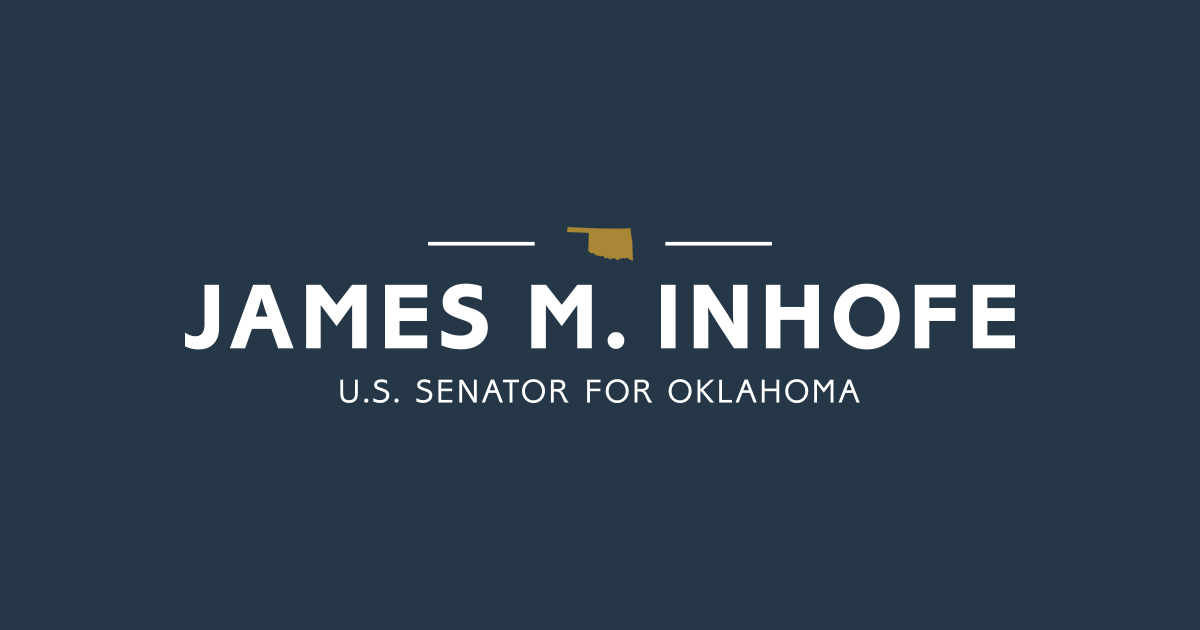Source: United States Senator for Oklahoma James Inhofe
U.S. Sen. Jim Inhofe (R-Okla.), ranking member of the Senate Armed Services Committee, today delivered opening remarks at a hearing to consider the nomination of Lieutenant General Michael Kurilla to be general and Commander of U.S. Central Command.
As Prepared for Delivery:
Thank you, Mr. Chairman, and thank you, General Kurilla, for your willingness to continue your distinguished service to our nation.
General Kurilla, if confirmed, you will take command of a region where terrorist groups increasingly threaten U.S. personnel, partners, and the homeland.
Due to the Biden administration’s disastrous withdrawal of U.S. troops from Afghanistan last summer, Afghanistan is now back to pre-9/11 conditions. The Taliban controls the country, and it has already killed more than 100 former Afghan officials, soldiers, and coalition partners, according to the United Nations. The Haqqanis, which are affiliated with al-Qaeda, have government positions. And ISIS-K, which killed 13 U.S. service members on August 26th, is exploiting the vacuum that the Biden administration left behind.
Elsewhere, the Iran-backed Houthis have launched deadly missile and drone attacks on Saudi Arabia and the United Arab Emirates, threatening U.S. forces and our partners.
And last month, ISIS launched a series of new attacks in Syria and Iraq. Last week’s successful operation against ISIS’ leader shows that the counter-ISIS mission isn’t over.
I am concerned that things will soon get even worse. If President Biden reenters the failed 2015 Iran nuclear deal – which many of us here have urged him not to do – Iran will receive substantial sanctions relief. Iran will spend that windfall on terrorist proxies. That means more arms for Hezbollah and Hamas to attack Israel, more training for the Houthis to threaten our Arab friends, and more support for the Iraqi militias that target our personnel.
Rejoining the Iran nuclear deal won’t prevent Iran from getting nuclear weapons capabilities. The deal’s limitations expire in 2026, which is not too far off.
So all of these threats in the Middle East are getting worse. But we also have to prioritize threats from the Chinese Communist Party and Russia right now. And both of those adversaries are heavily invested in competition in CENTCOM.
So here’s what I hope you’ll address today. What resources do you think you’ll need to counter these regional threats? What role should our partners play, and how can we improve their capabilities? Perhaps most important: what can we do to ensure that our longtime regional partners stick with us in the escalating competition with Russia and China?
General Kurilla, you have served with great honor in the CENTCOM region for much of your career. You have shed blood there. You know it well. I am pleased that you have been nominated, and I look forward to your answers. Thank you again. Mr. Chairman.
